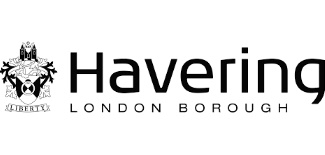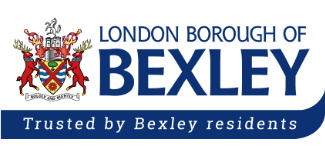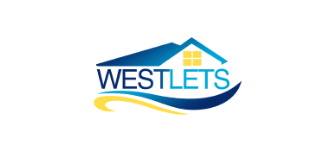Alternative Payment Arrangements under Universal Credit..
This information applies to England and Wales, in Scotland and Northern Ireland there is greater flexibility relating to frequency of payments and choosing to have help with rent paid direct to your landlord.
What is an alternative payment arrangement?
If you have struggled with receiving monthly payments of Universal Credit or have had trouble budgeting you may be able to have an Alternative Payment Arrangement. This could mean you receive Universal Credit more often than monthly, or the payment could be split between you and your partner.
Landlords can apply for an Alternative Payment Arrangement if their tenant is in rent arrears, this way the Housing Element can be paid directly to the landlord, this is sometimes known as a direct payment.
How do I get an alternative payment arrangement?
During the claimant commitment interview Job Centre Plus will decide if an Alternative Payment Arrangement would be more suitable for your household, however, you can get an Alternative Payment Arrangement at any time.
Jobcentre Plus will assess if there is a risk of financial harm to you and your family if you receive monthly payments. Job Centre Plus considers what they call tier one and tier two vulnerability factors. If you have a tier one vulnerability it is likely you will need an Alternative Payment Arrangement, however it does depend on your personal circumstances. The DWP have classed the following as tier one factors:
- drug, alcohol or other addiction problems
- learning difficulties, including literacy or numeracy problems
- severe or multiple debt problems
- being in temporary or supported accommodation
- homelessness
- domestic violence or abuse
- a mental health condition
- rent arrears
- threat of eviction
- repossession
- you are aged 16 or 17
- you are young and leaving care
- your family has multiple and complex needs
Tier two vulnerabilities mean you might need an Alternative Payment Arrangement, however it is not as likely as someone with a tier one vulnerability and is dependent on your personal circumstances. Tier two vulnerabilities are:
- having no bank account
- third party deductions from your benefit. These are deductions to pay things like fuel bill arrears, and certain ongoing costs
- being a refugee or asylum seeker
- having a history of rent arrears
- previous homelessness or living in supported accommodation
- disability
- having just left prison or hospital
- recent bereavement
- language skills, for example, if English isn't your first language
- having been in the armed forces
- not being in education, employment or training
The first thing Jobcentre Plus will consider is whether to pay your housing costs direct to your landlord. This would protect you from losing your home if you are in rent arrears. They would also consider paying Third Party deduction, these are payments from your standard allowance to pay towards your arrears so both your rent and arrears payments are covered.
Jobcentre Plus will then consider paying your Universal Credit more regularly, it is most likely they would be paid twice a month, however in some circumstances they will consider paying more frequently.
The third thing Jobcentre Plus will consider is splitting your Universal Credit payment between you and your partner. They might do this equally or unequally. Jobcentre Plus will consider this if your or partner's spending has caused money problems in the past, or if you have suffered domestic violence but are still living with your partner.

For Landlord - Tenancy Sustainability
To further aid you, we extend our services with a comprehensive triage service designed to support landlords. This service serves as a vital intervention, initiating constructive dialogue among Universal Credit, tenants, and local councils. Our goal is to facilitate communication and collaboration among all parties involved, ensuring smoother processes and resolutions to any challenges or issues that may arise. Whether it's navigating benefit payments or addressing tenancy concerns, our triage service is here to provide guidance and assistance every step of the way.
Please email us
For Tenants - Tenancy Sustainability
At Help2Rent, our dedicated team is here to provide tenants with the assistance and support they need to navigate any challenges they may encounter. Whether you're experiencing difficulties with rent arrears or facing issues related to Universal Credit, we're here to help.
Please email us
Are you an council Officer? - Tenancy Sustainability
At Help2Rent, we provide a comprehensive tenancy sustainment service designed to assist and support your tenants in maintaining their tenancies successfully. Our dedicated team works tirelessly to ensure that your tenants receive the support they need to overcome any challenges they may face during their tenancy. Our sustainment service aims to empower tenants with the knowledge, resources, and skills necessary to sustain their tenancies long-term.
Please email us7843
Landlords Supported in 2023
7843
Tenants Housed In 2023
7300
Moves caried Within 2023
923
New Partners In 2023
COUNCIL PARTNERS






